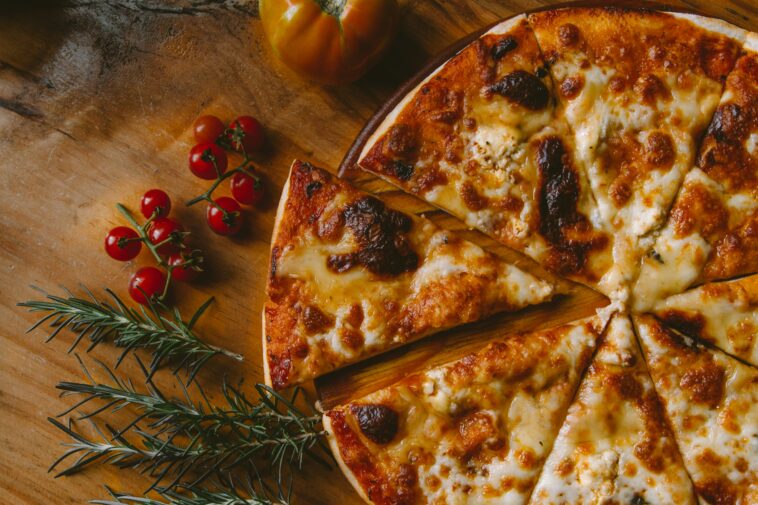Introduction:
Barbecue, a cornerstone of American culinary heritage, is more than just a method of cooking; it’s a cultural phenomenon deeply ingrained in the nation’s fabric. From the rustic pits of the South to the urban smokehouses of the North, barbecue has evolved over centuries, reflecting the diverse cultural influences and regional traditions that shape the American culinary landscape. In this journey through the annals of barbecue history, we delve into its soulful evolution, tracing its roots, celebrating its diversity, and savoring its enduring legacy.
Ancient Roots and Indigenous Practices:
The story of American barbecue begins with the indigenous peoples of North America, who practiced slow-cooking techniques over open flames for centuries. Native American tribes, such as the Cherokee, Choctaw, and Seminole, used pits lined with hot coals to roast meats, fish, and vegetables, laying the foundation for what would become a cherished culinary tradition.
European settlers later adopted and adapted these techniques, introducing new ingredients and cooking methods to create the diverse barbecue styles that we know today. African slaves brought to the New World also played a significant role in shaping barbecue culture, drawing on their culinary traditions and expertise in smoking meats to create rich and flavorful dishes.
Regional Diversity and Culinary Innovation:
One of the defining features of American barbecue is its regional diversity, with each part of the country boasting its own unique barbecue traditions and flavors. From the tangy sauces of the Carolinas to the smoky brisket of Texas, barbecue reflects the rich tapestry of American culture and history.

In the Carolinas, whole hogs are slow-roasted over pits and served with a variety of sauces, ranging from vinegar-based to mustard-based. In Texas, beef takes center stage, with pitmasters specializing in slow-smoked brisket seasoned with simple salt and pepper rubs.
Innovations in barbecue techniques and cooking equipment have also contributed to the evolution of American barbecue. From the invention of the offset smoker to the rise of modern barbecue competitions and festivals, barbecue culture continues to evolve, driven by a passion for flavor, craftsmanship, and tradition.
Cultural Significance and Community:
Beyond its culinary appeal, barbecue holds deep cultural significance as a symbol of community, fellowship, and shared heritage. Barbecue joints and roadside stands serve as gathering places where people come together to enjoy good food and good company, forging bonds and creating memories that last a lifetime.
Barbecue competitions and festivals celebrate the art of smoking meats, bringing together enthusiasts from all walks of life to showcase their skills, share knowledge, and celebrate the rich tradition of American barbecue. From backyard cookouts to bustling barbecue restaurants, barbecue continues to bring people together, uniting them in a shared appreciation for great food and timeless traditions.
Conclusion:
American barbecue is a testament to the enduring spirit of innovation, resilience, and cultural exchange that defines the nation. From its humble beginnings to its modern-day incarnation, barbecue continues to evolve, reflecting the diverse cultural influences and regional traditions that shape the American culinary landscape. As long as there are fires burning and meats smoking, the legacy of American barbecue will endure, inspiring generations to come with its soulful flavors and timeless traditions.

